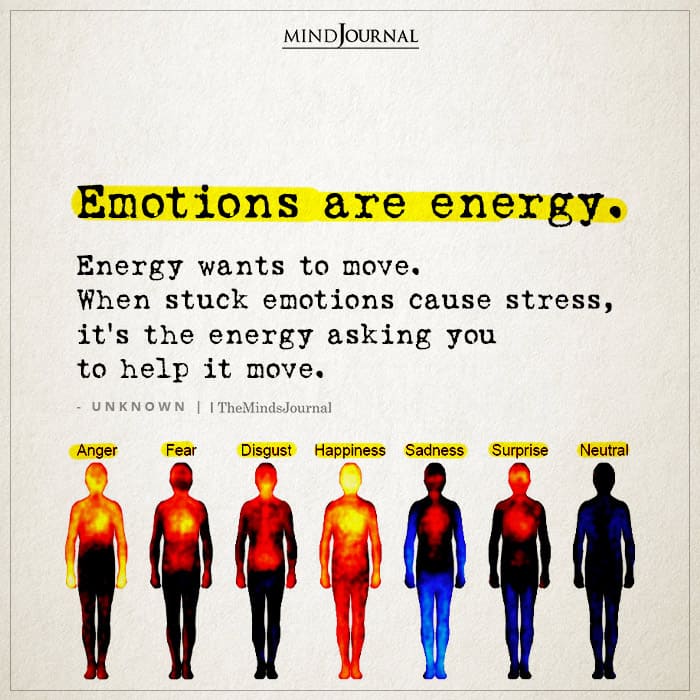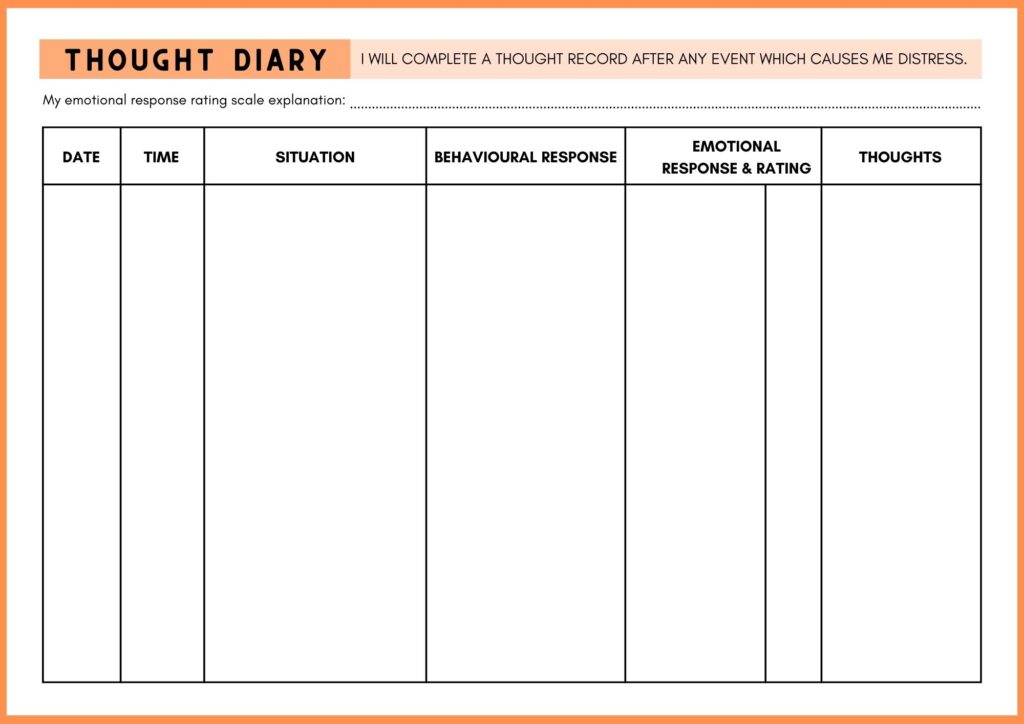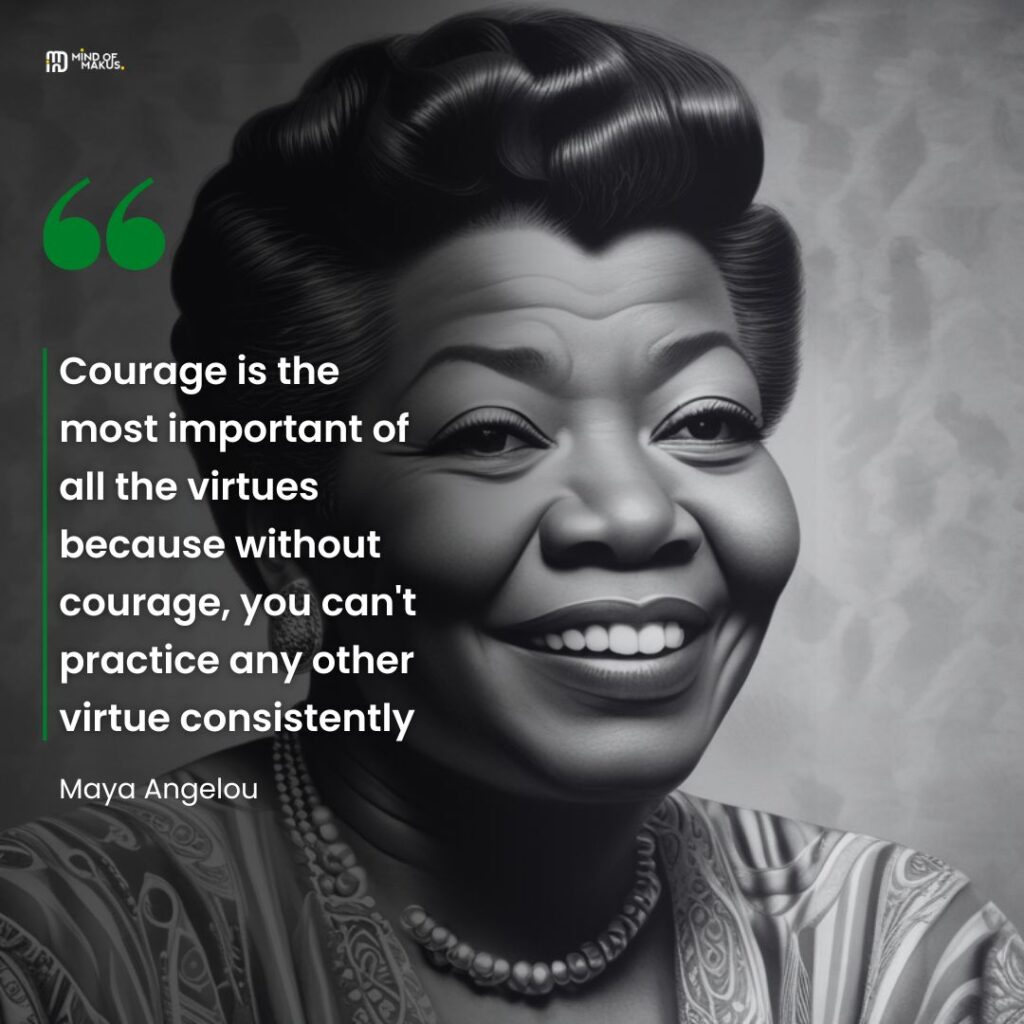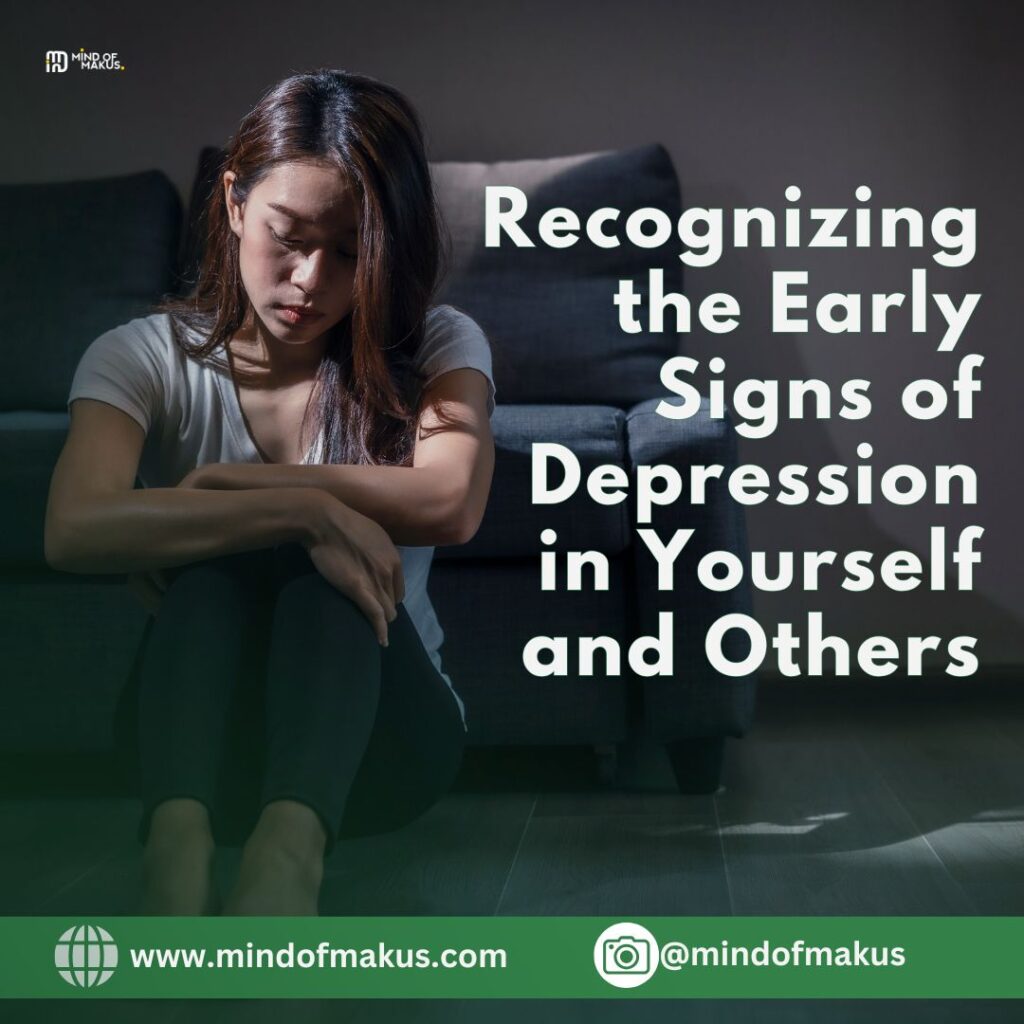Hello dear friend,
One more week until the last month of the year. How has the year been for you?
How have you been really? Not just for you, but also for your friends and family. I ask because our mental state becomes infectious and affects those around us, and vice versa.
We need to take more responsibility for making sure we have a clean and inspiring energy state. Have you ever had a cranky boss? Just see how the whole team becomes cranky once they walk through the door. We may not be conscious of it, but the effects are still felt in our lives.


Depression can quietly weave its way into our lives or the lives of those we care about, often going unnoticed until it becomes overwhelming. As humans, the bonds we share with our friends can be lifelines, offering comfort and strength during challenging times, and offering a safe secure place to celebrate and express gratitude.
Recognizing the signs of depression in ourselves and our friends is a crucial step toward healing and providing the support that relationships embody. In many way the access to information is excessive and sometimes we can take responsibility for things that a professional should.
So what I am saying here, is that you don’t need to go about diagnosing people, what you need to do is love them so much that when they are struggling, they can tell you and when they can’t tell you, you can ask, and when you can’t ask, you can sit with them and find someone who can help together.




In this blog, we’ll explore subtle signs of mental health problems, address them compassionately, and use the power of wholesome relationship to foster understanding and resilience.
A Depressed Loved One: Breaking the Silence
There is low mood and there is depression. Listen, they are not interchangeable.
Depression is more than just feeling sad or overwhelmed; it’s a persistent mental health condition that affects emotions, thoughts, and behaviors, physical health and daily life functions. Often, people experiencing depression feel isolated, guilty and shameful, making communication very difficult. Early recognition and intervention is vital.
Common symptoms of depression include:
- Persistent sadness or feelings of emptiness
- Loss of interest in activities once enjoyed
- Fatigue and low energy
- Changes in sleep patterns (insomnia or oversleeping)
- Change in appetite (overeating or undereating)
- Difficulty concentrating or making decisions
- Difficulty seeing beyond your current reality
- Reduce self care or personal hygiene
- Physical symptoms like headaches or stomach issues, body aches and pain without a clear cause
- Feelings of guilt, worthlessness, being a burden or hopelessness
When we love people, it has to go beyond loving them when they are well, to loving them when they are not living up to expectations too. If we look closely, we can often spot changes in behavior or demeanor before others do, which makes us uniquely positioned to offer support.
Again: ask, sit, ask again, sit, offer support with the things you see they need support with, lift the load.
Look around you, who is struggling? Is it you? Text a friend or loved one now.
Relationships thrive on emotional connection and shared experiences. This closeness can make it easier to notice subtle signs of depression in a friend. Look out for:
- Withdrawal from Social Activities: If your usually outgoing friend begins avoiding meetups or conversations, it may signal emotional distress.
- Changes in Mood: Noticeable shifts toward irritability, sadness, or apathy can be indicators.
- Physical Neglect: Declining personal care or significant weight changes could point to underlying struggles.
- Expressions of Hopelessness: Pay attention to comments that suggest they feel trapped or unworthy. It often small things like “ I am just tired of everything”.
If you notice these signs, approach the topic with sensitivity, avoiding judgment or unsolicited advice.
Here is how you can support your loved ones with mental issues.
Subscribe to My Newsletter
Addressing Depression: How to Help
Supporting a friend through depression requires compassion and patience. Here are some steps to take:
- Open the Conversation: Gently express your concern. Educate yourself adequately. Use phrases like, “I’ve noticed you seem a little down lately. Is there anything you want to talk about?”
- Listen Actively: Let them share without interrupting or trying to “fix” their feelings.
- Encourage Professional Help: Suggest a visit to a local hospital, therapy or counseling as a constructive step. Offer to help them find resources or accompany them to an appointment.
- Be Patient: Understand that recovery takes time. Stay consistent in your support, even if they don’t open up right away. If they need time, give them time but remain accessible so they can contact you if they want to speak or need a ride somewhere.
- Educate Yourself: Learn about depression to better understand their experience and avoid misconceptions. Educate you family and friends, people don’t know what they don’t know.
- Not every depressed person will look sad, some can function quite well and mask their symptoms effectively but close family and friends will notice, and then dismiss it because they were laughing and hosted a party last weekend. Don’t dismiss your instincts.


Recognizing Depression in Yourself
Just as you can support a friend, it’s important to extend the same care to yourself. Ask yourself:
- Am I feeling consistently low or disinterested in life?
- Have my sleep patterns or eating habits changed drastically?
- Do I often feel overwhelmed, guilty, or hopeless?
- Am I avoiding people or activities I used to enjoy?
If you answer “yes” to several of these, you might be experiencing depression. Reach out to a trusted friend, family member, or mental health professional.
Here is how to get local phone support
You can Support My Work
Strengthening Relationships Through Support
The beauty of our human experience lies in its resilience and ability to adapt through life’s challenges. Use your relationship as a space for growth and healing by:
- Creating a Safe Space: Let your friend know they’re not alone and that it’s okay to express their feelings.
- Being a Source of Positivity: While you can’t “fix” their depression, your presence and encouragement can lighten their load.
- Practicing Self-Care Together: Engage in healthy activities like walking, yoga, or journaling to promote well-being. I actually like this one because it holds us all accountable for each other. Do wholesome things together, please.


When to Seek Professional Help
If depression becomes severe—marked by thoughts of self-harm, persistent despair, or an inability to function in daily life—professional help is essential. Encourage your friend (or yourself) to contact a therapist or counselor. Don’t wait until they/you are paralysed by it, do something earlier.


Take time off work, ask for help, chat with your partner, outsource some daily stressors, start talking to a counsellor, do something that goes against what the illness is saying every single day. Bet on yourself.


People who are low often know, they stay away because they don’t want you close enough to ask, it’s counter productive but we must still help them realise that the story in their head is wrong. That they are not a burden, that life is not over, that people need and love them, that tomorrow can be better.
It is unkind if we neglect them only because they are not able to pick up a phone or attend our parties or post on social media on our birthday, maybe they have something going on that is a barrier to socializing. Let’s give them another try, reach out today to that person that has dropped off your radar.
Let’s commit to being each other’s safe space, lifting each other up, and ensuring that no one walks the path of depression alone. Together, we’re stronger.
Until next time, stay authentic,
Stay resilient, and continue to honour your needs.
Live wholeheartedly,
Amaka
2 Cor 3:2(MSG)
You yourselves are all the endorsement we need. Your very lives are a letter that anyone can read by just looking at you. Christ himself wrote it—not with ink, but with God’s living Spirit; not chiseled into stone, but carved into human lives—and we publish it.



